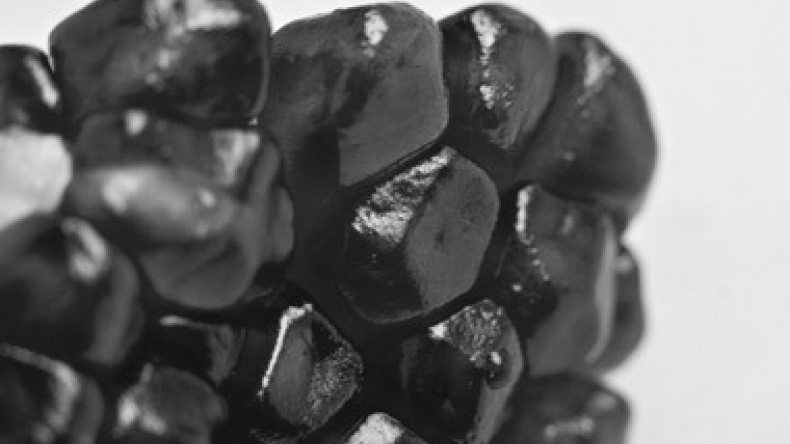
Sergei Parajanov’s 87th jubilee marked in Tbilisi
Renowned Armenian director Sergei Parajanov’s 87th jubilee was marked on Sunday in Tbilisi. The initiative belongs to Georgia’s Ministry of Culture. The celebrations of the event resumed from the monument to the master erected in Tbilisi, “Itar-Tass” reports.
Parajanov’s fans put pomegranates on his monument in stead of flowers to demonstrate their love and respect towards his art.
According to the source, later an exhibition was organized showing Parajanov’s films, photos unveiling his art.
He invented his own cinematic style, which was totally out of step with the guiding principles of socialist realism (the only sanctioned art style in the USSR). This, combined with his controversial lifestyle and behaviour, led Soviet cinema authorities to repeatedly persecute and imprison him and suppress his films.
Although he started professional film-making in 1954, Parajanov later disowned all of his pre-1964 works as "garbage". After directing Shadows of Forgotten Ancestors (renamed Wild Horses of Fire for most foreign distributions) Parajanov had become something of an international celebrity and simultaneously a target of attacks from the system. Nearly all of his film projects and plans from 1965-1973 were banned, scrapped or closed by the Soviet film administration, both local (in Kiev and Yerevan) and federal (infamous Goskino), almost without discussion until he was finally arrested in late 1973 on trumped-up charges of rape, homosexuality and bribery. Parajanov was imprisoned until 1977, despite a plethora of pleas for pardon from various esteemed artists.
Even after his release he was a persona non grata in Soviet cinema. It was not until the mid-1980s, when the political climate started to relax, that he could resume directing. Still, it required the help of influential Georgian actor Dodo Abashidze and other friends to have his last feature films green-lighted. His health seriously weakened by four years in labor camps and nine months in a Tbilisi prison, Parajanov died of lung cancer in 1990, at the time when, after almost 20 years of suppression, his films were finally again allowed to be featured in foreign film festivals.
Newsfeed
Videos






























